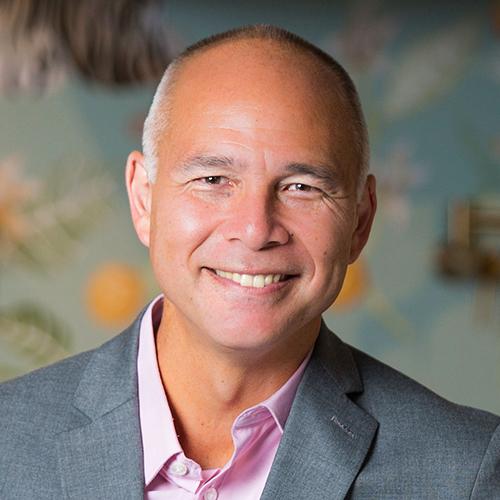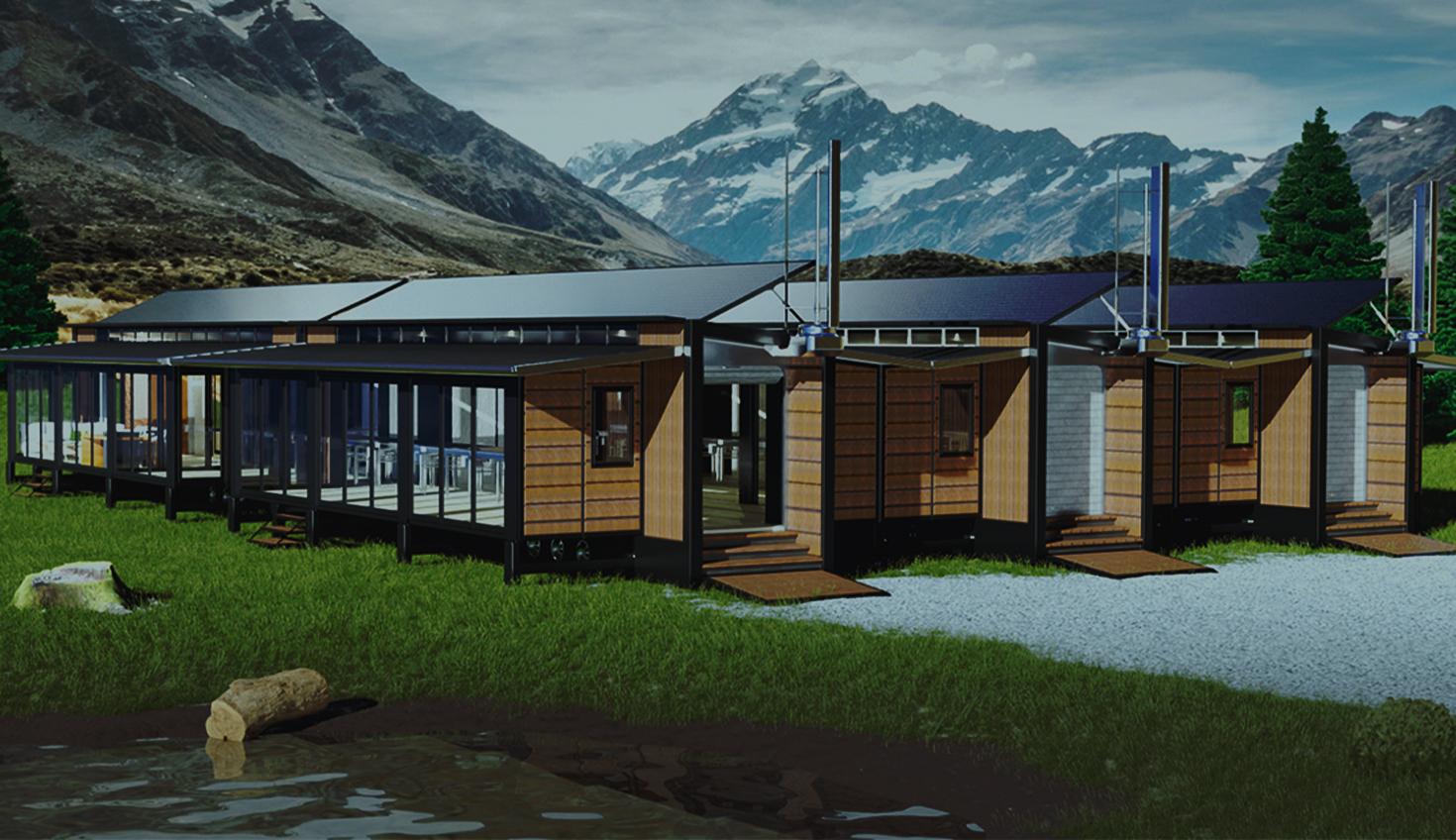
4:01
Imagine stepping into a house that not only meets your living needs but also generates food, water, and energy. This visionary concept isn't relegated to the realms of science fiction; it's a tangible reality being actively developed today.
At the forefront of this revolution in sustainable housing is the Kionnali Living Systems team, pioneers who are reshaping the landscape of living spaces by embracing agile practices.
Unlike conventional housing models where appliances and systems function independently, Kionnali's approach revolves around crafting a cohesive ecosystem. It's about strategically intertwining various components, akin to the optimization seen in manufacturing environments, to boost efficiency and slash energy consumption.
During a recent Onshape User Group meeting, attendees heard from Corrin Fox, Co-founder of Kionnali, who articulated the company's mission to provide a sustainable, efficient, and portable housing solution. Fox elaborated on how Kionnali's agile development methodology and utilization of cutting-edge technologies, such as cloud-native CAD, are propelling this hardware startup closer to achieving its ambitious goals.
“We're just trying to create more of an integrated ecosystem in the same way you would in a manufacturing environment,” Fox told the group. “You can take that to every aspect of the house from construction to basic needs to user experience."
Kionnali Living Systems is also part of the Onshape Startup Program, which provides eligible hardware startups with free access to Onshape's full suite of professional CAD tools.
From Automotive Dreams to Sustainable Realities
Fox began his journey in engineering with a focus on automotive technology and electric vehicles. However, his path shifted towards construction and sustainable systems, where he observed a stark contrast between the integration found in automotive manufacturing and the fragmented nature of traditional building methods.
“This project that we're working on comes out of that [contrast],” he said. “It's really bringing agile to things like building and bringing product optimization to that."
Kionnali's approach mirrors that of a manufacturing environment, where interconnected systems enhance efficiency. Modular design allows for swift deployment and customization, catering to diverse environmental needs.
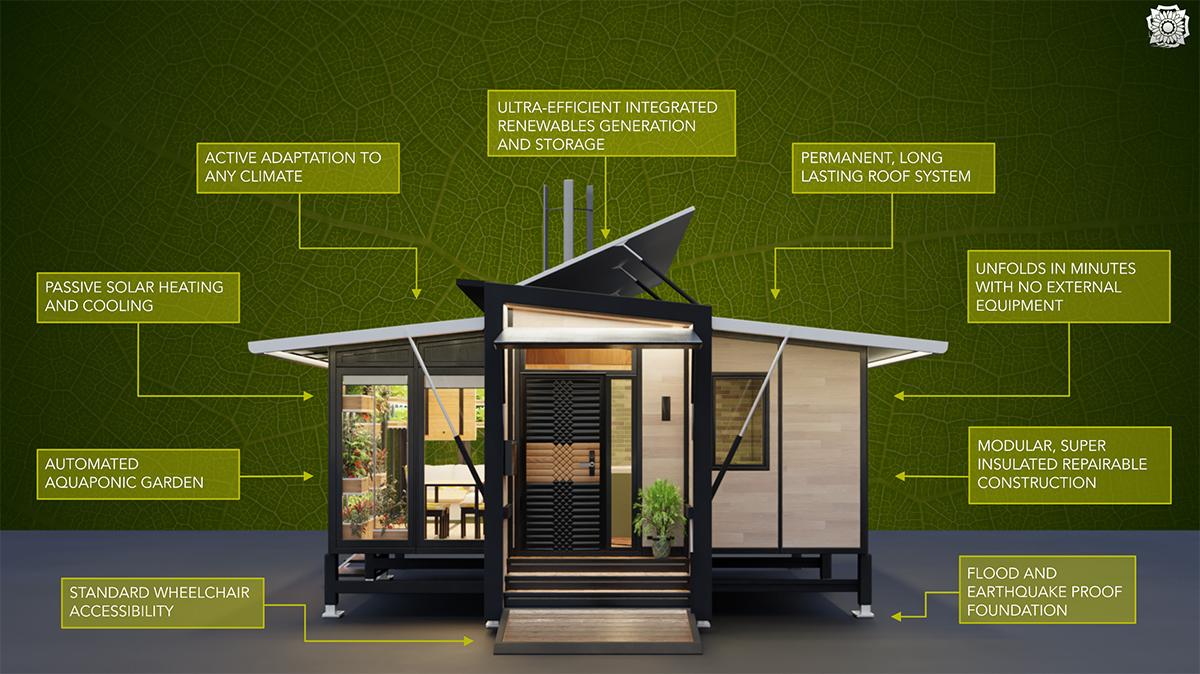
An Integrated Ecosystem: The Kionnali Vision
At the heart of Kionnali's vision is the development of a self-sustaining, transportable house that integrates food production, water management, and energy generation. Fox emphasized the importance of leveraging existing technologies to revolutionize housing solutions, which have yet to catch up to the latest innovations, for example, solar.
“It's essentially a manufactured sustainable house that produces all your food, water, energy, manages your waste in a self-contained package,” he explained. It’s “transportable, so it can show up anywhere and deploy in a few minutes and basically operate as long as you need it to in that environment."
Moreover, Fox underlined the importance of flexibility and adaptability in Kionnali's design philosophy.
“We're designing for evolution,” he explained. “Our products are built to accommodate upgrades and repairs, ensuring long-term sustainability.”
Kionnali's commitment to sustainability extends beyond design principles to manufacturing practices. By utilizing local materials and minimizing supply chain miles, the company aims to reduce its environmental footprint while enhancing product accessibility.
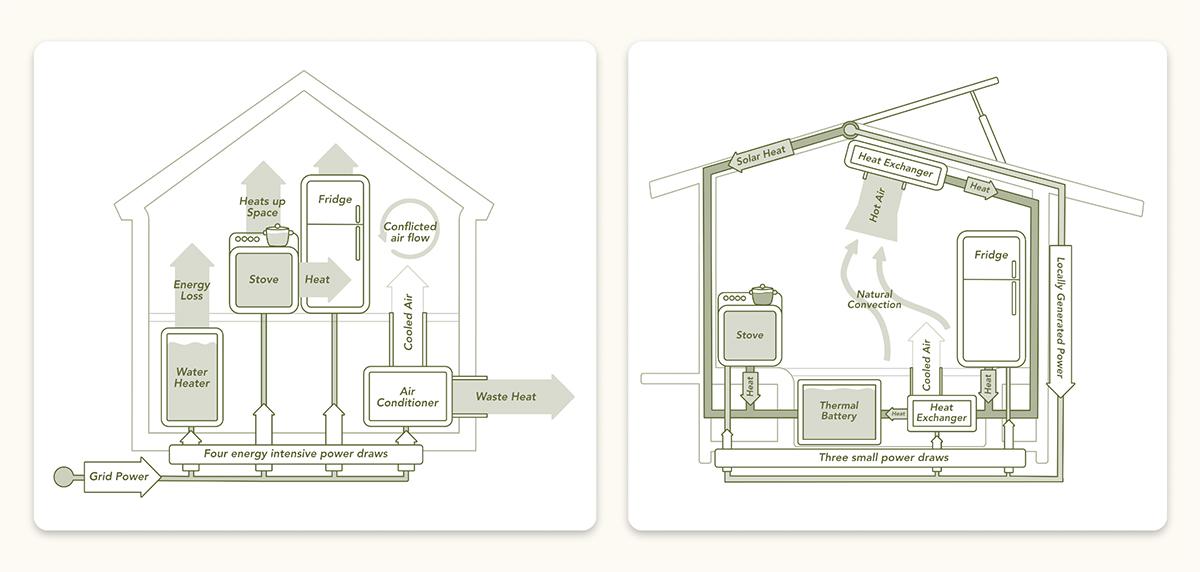
Onshape: Empowering Innovation
Fox highlighted the significance of interdisciplinary collaboration and agile development in achieving Kionnali's objectives. He credited Onshape as a catalyst for the company's progress.
“I started with Onshape back in school and after trying every other CAD platform,” he explained “It was a game changer in terms of enabling a new kind of working in hardware.”
Fox highlighted the impact Onshape has made on the development process – from accelerated design iterations to streamlined collaboration and integration with manufacturing processes.
“Where Onshape comes in is to create seamless systems,” he added. “It’s about enabling people to work at the speed of thought, if possible.”
This agility extends to the integration of Onshape with manufacturing processes, facilitating a seamless transition from digital design to physical production. Overall, Onshape plays a pivotal role in accelerating innovation and efficiency within Kionnali's sustainable housing initiatives.
“One of my favorite things about Onshape is the Part Studio framework,” he said. “That really helps with a more integrated and agile design methodology rather than splitting everything out into individual parts and being locked into those geometries and hoping they fit together.”
Paving the Way for a Sustainable Future
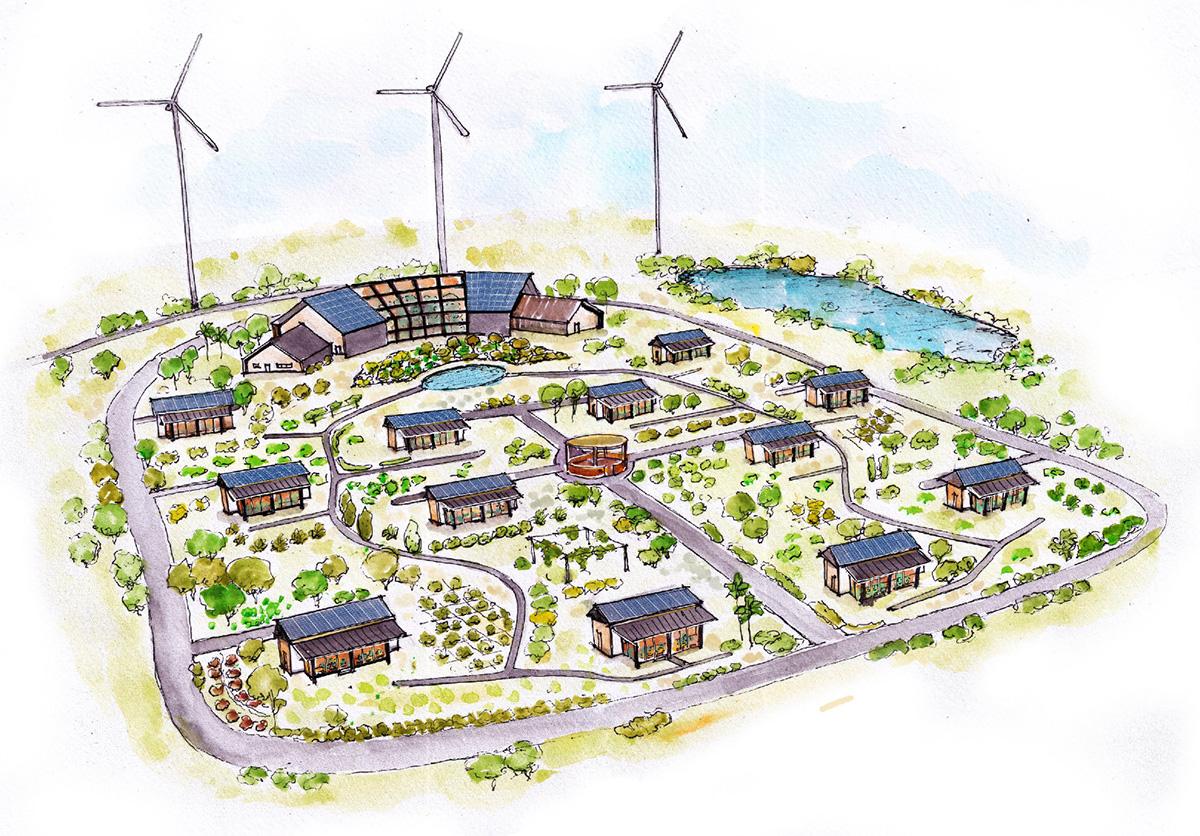
As Kionnali prepares to unveil its first full-field demonstrator, Fox encouraged fellow innovators to embrace unconventional thinking and continuous improvement.
“Innovation thrives when we challenge conventional norms,” Fox said. “By thinking outside the box and embracing agile methodologies, we can pave the way for a more sustainable future.”
This endeavor is more than just a housing project; it's a blueprint for the future. It challenges conventional methodologies, urging us to think outside the box and innovate relentlessly. As the project moves from concept to reality, it stands as a testament to the power of interdisciplinary thinking and agile development in creating sustainable solutions.
The Onshape Discovery Program
Learn how qualified CAD professionals can get Onshape Professional for up to 6 months – at no cost!
Latest Content
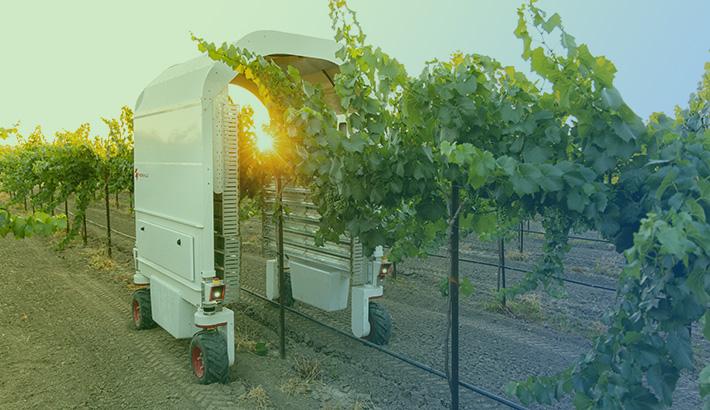
- Case Study
- Robotics
Saga Robotics: Powering the Future of Sustainable Farming with Cloud-Native Onshape
01.05.2026 learn more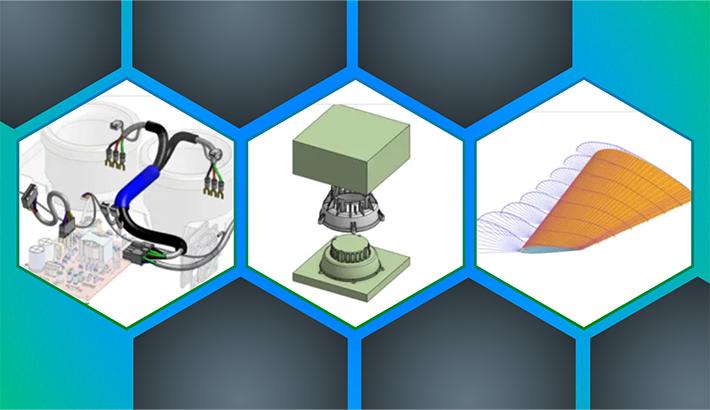
- Blog
- Evaluating Onshape
- Custom Features
Accelerated Product Development with Next Generation CAD Automation
01.15.2026 learn more
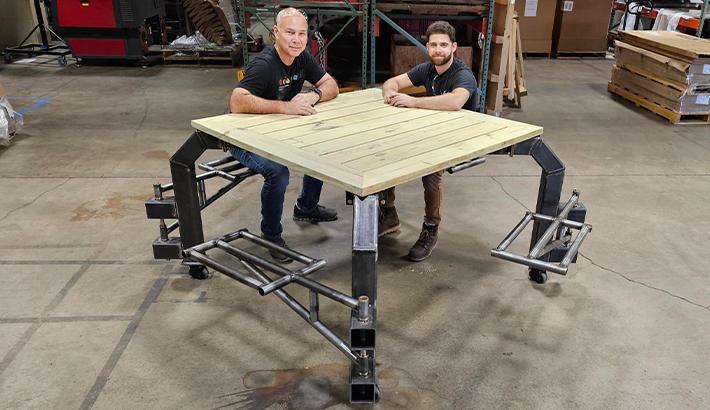
- Blog
- Collaboration
- Education
- Enterprise
- Customers & Case Studies
From Concept to Real-Life Impact: Building a First-of-Its-Kind Inclusive Picnic Table
01.09.2026 learn more



